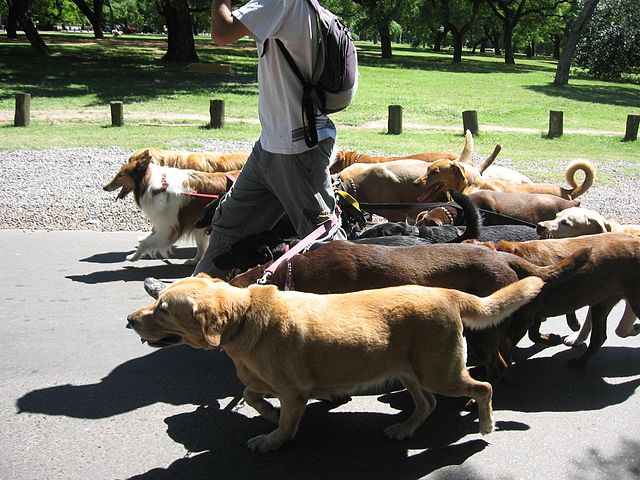 South Korea has come up with programs to boost exports by encouraging the business sector to upgrade their goods and invest in potential future industries such as pet care services and halal food and culture.
South Korea has come up with programs to boost exports by encouraging the business sector to upgrade their goods and invest in potential future industries such as pet care services and halal food and culture.
The electric vehicle industry is at the top of the supportive program, with government assistance to include helping battery companies conduct R&D projects. The country expects to export an annual 200,000 units of the eco-friendly car by 2020 with a world market share of 10%, said a report from Yonhap News.
The Ministry of Trade, Industry and Energy said the plan also includes ways to reorganize the local exporting industry and transform it into a consumer goods-oriented one.
South Korea is highly dependent on exports of intermediate, or semi-finished, goods such as auto parts and machinery that are reprocessed and re-exported by the importing countries.
“[The plan] is aimed at improving the country’s industrial structure and expanding shipments of higher valued consumer goods,” the trade ministry said. “The government will help such companies develop premium products and tap into overseas markets by removing non-tariff barriers.”
The trade ministry said companies that offer goods to duty-free shops will be categorized as exporting firms so they will receive equal taxation and other administrative benefits.
This is part of the government’s announcement on July 7 of a fresh set of measures, deregulations, and tax rewards to boost exports and stimulate private investments in newly emerging industries, such as pet care services and halal food and culture.
To bolster the fast-growing halal industry, the South Korean government will acknowledge overseas-issued halal food and cosmetics certificates and make them available in the country.
It will seek to join the international movement to establish the global halal standards along with the United Arab Emirates, Saudi Arabia, the United States, and Australia.
At the same time, the government will remove obstacles to fueling the development of the local pet industry.
The pet-related market including pet food and grooming services is expected to soar to KRW6.8 trillion (US$5.9 billion) in 2020 from KRW1.8 trillion in 2015.
The nation’s exports have decreased for 18 straight months due to weakening global demand and heightened competition in key industries, such as smartphones and cars. As a result, the government cut its 2016 growth forecast to 2.8% from an earlier 3.1%, citing weak domestic consumption and rising global uncertainties triggered by the British vote to leave the European Union, or Brexit.
Slump in export expansion
The state-run think tank Korea Development Institute (KDI) in a new report said the South Korean economy is showing flaccid recovery momentum as weak exports and sluggish investment offset a modest rise in private consumption.
“The slowdown in production-related indicators moderated, but the upward momentum in overall economic activities has been insignificant,” the KDI said in its monthly evaluation of the country’s economic conditions.
“However, exports and facilities investment remained in a slump, while the manufacturing capacity utilization rate stayed low, weighing down on the economic recovery.”
The country’s industrial output rose 4.3% year-on-year in May on a base effect, rebounding from a 2.6% fall tallied in April, while services production recorded 3.4% year-on-year growth in May, accelerating from a 1.9% gain a month ago.
Domestic consumption continued their upbeat mode in May, as retail sales advanced 5.1% in May on the back of robust sales of durable goods like passenger cars.
But the KDI report noted that overall economic activities remain weak as the capacity utilization rate of the manufacturing sector remained at 72.8% and facilities investment-related indicators have stayed low for months.
It attributed the sluggish recovery to a prolonged slump in the country’s exports, the key economic driver.
The export reduction rate slowed from 6% in May to 2.7% in June mainly on the back of a 30% jump in overseas sales of ships.
Exports of key items like cars, machinery, and petroleum products posted minus growth last month.
“Exports exhibited a slower decline temporarily due to the sharp increase in vessel exports, but the slump is deemed sustainable,” said the think tank. “The overall downward pace remained similar to last month if the highly volatile vessel exports are excluded.”
Photo: revolution cycle





